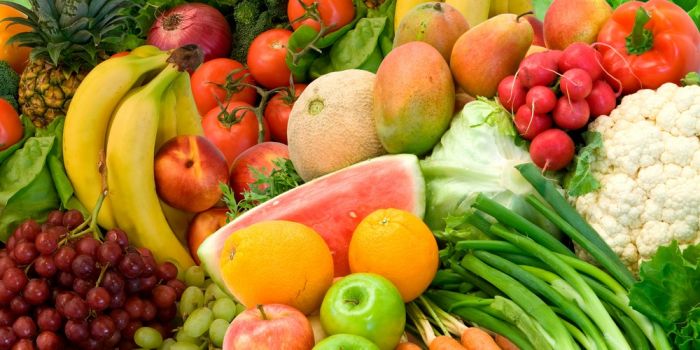
Hypothyroidism is a medical term for an underactive thyroid. This condition is characterized by abnormally low production of the thyroid hormone. A person suffering from hypothyroidism has low metabolic rate, which causes weight gain. Other symptoms of an underactive thyroid include depression, tiredness, dry skin and hair, and constipation. This condition also disturbs the functioning of the adrenals. You can improve this thyroid problem by following a healthy hypothyroidism diet. This kind of diet improves thyroid functions, thereby helping to balance the hormones. Explained below are some dietary tips for underactive thyroid.
Whole Food Diet
People who have hypothyroidism should eat whole grains, unpolished brown rice, seeds, millet, and legumes. Big part of your diet should consist of vegetables and fruits. The healthiest option is to have organically grown vegetables.
Increase the Consumption of Iodine
People suffering from an underactive thyroid often have low iodine level and are recommended to increase their iodine consumption. Some of the best iodine rich foods include eggs, radish, watercress, onions, iodized salt, sea salt, seafood, and dairy products.
Increase Vitamin E Consumption
Consuming vitamin E with iodine has shown to increase iodine absorption in the body. It produces immediate and outstanding results. Best sources of vitamin E include spinach, Swiss chard, nuts, broccoli, topical fruits, and wheat.
Increase Vitamin D Consumption
A diet to deal with hypothyroidism should also be rich in vitamin D. Although the sun is the best source of getting vitamin D, you can get this vitamin through various food items too. Salmon, sardine, egg yolks, cheese, beef liver, and mushroom are some good dietary sources of vitamin D.
Consume Zinc Rich Foods
Zinc has shown to improve the overall functioning of the thyroid gland. Most people suffering from hypothyroidism have low levels of zinc. Some of the best sources of zinc include seafood, oysters, red meat, poultry, eggs, and seeds.
Avoid the Intake of Caffeine
Caffeine can lead to further problems by upsetting the glandular system. Therefore, hypothyroidism patients should avoid caffeine consumption. Tea, coffee, chocolates, and soft drinks contain caffeine.
Avoid Alcohol Consumption
Like caffeine, alcohol can disturb the functioning of the glandular system. Therefore, it is necessary to avoid alcohol consumption if you want to prevent any further complications.
Avoid High Calorie and Low Nutrient Foods Fried foods, processed foods, meat, sugar, and fats are all unhealthy and should be avoided. Although some of these foods might give a temporary energy boost, they cause weight gain and increase the risk of various health problems. Hence, avoiding such foods is necessary for good thyroid health.
Avoid Goitrogens
Goitrogens have an adverse effect on the functioning of the thyroid gland. This is because they prevent iodine from reaching the thyroid gland. Foods that fall under this category and should be avoided include Brussels sprouts, cauliflower, cabbage, broccoli, turnips, kale, soy flour, and peanuts.
Avoid Chlorine and Fluoride
Fluoride and chlorine are responsible for blocking iodine absorption in the body. Low iodine causes a reduction in the production of the thyroid hormone, which is the primary reason for hypothyroidism. Therefore, people who suffer from an underactive thyroid should avoid fluoride and chlorine.
It is extremely important for underactive thyroid patients to get control over this condition at the earliest. It is not at all difficult to follow the simple dietary tips explained above. These healthy eating habits will not only enhance the functioning of the thyroid glands, but also control weight issues caused by hypothyroidism.













